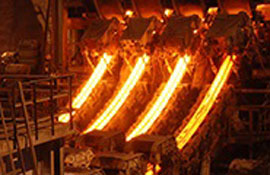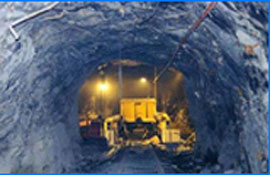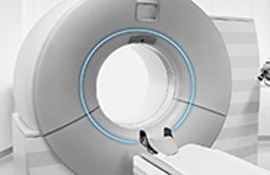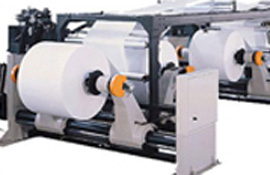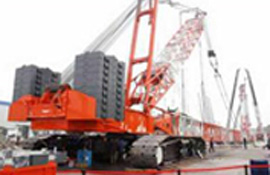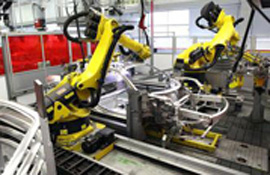Home / News / Ceramic Spindle Bearings: Advantages and Applications in Advanced Machinery
Ceramic Spindle Bearings: Advantages and Applications in Advanced Machinery
Introduction
Ceramic spindle bearings have gained significant attention in recent years due to their unique properties and superior performance compared to traditional steel bearings. These bearings are made from advanced ceramics such as silicon nitride (Si3N4) or zirconia (ZrO2), offering numerous advantages in high-speed, high-precision applications. This article will discuss the benefits of ceramic spindle bearings, their applications in various industries, and considerations for selecting the right ceramic bearing for your machinery.
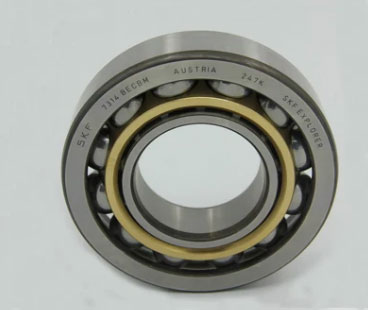
Advantages of Ceramic Spindle Bearings
Reduced Friction and Heat Generation
Ceramic materials have lower friction coefficients compared to steel, resulting in less friction between the bearing's rolling elements and raceways. This translates to reduced heat generation during operation, allowing for higher rotational speeds and better thermal stability.
Increased Stiffness and Load Capacity
Ceramic spindle bearings exhibit higher stiffness and load-carrying capacity compared to their steel counterparts. The increased stiffness is especially beneficial in high-speed and high-precision applications, where reduced deflection and vibration are crucial for maintaining accuracy.
Enhanced Wear Resistance and Service Life
Ceramic materials are highly resistant to wear, corrosion, and chemical attacks. This property results in extended service life and reduced maintenance costs associated with bearing replacement.
Lightweight and Reduced Centrifugal Forces
Ceramic spindle bearings are lighter than steel bearings, reducing the overall weight of the spindle assembly. This reduction in weight leads to decreased centrifugal forces during high-speed operation, allowing for higher speeds and improved performance.
Applications of Ceramic Spindle Bearings
Ceramic spindle bearings are widely used in various industries and advanced machinery, including:
Aerospace and Defense
The high stiffness, low weight, and temperature resistance of ceramic spindle bearings make them ideal for aerospace applications, such as aircraft engines, avionic systems, and satellite components.
Semiconductor Manufacturing
Ceramic spindle bearings are used in semiconductor manufacturing equipment, where high precision, cleanliness, and resistance to harsh chemicals are essential.
Medical Equipment
The biocompatibility and wear resistance of ceramic spindle bearings make them suitable for use in medical devices and equipment, including surgical instruments and dental handpieces.
High-Speed CNC Machines
Ceramic spindle bearings are used in high-speed CNC machines and milling centers, where high precision and accuracy are crucial for producing complex parts and components.
Selecting the Right Ceramic Spindle Bearing
When choosing a ceramic spindle bearing for your application, consider the following factors:
Bearing Type
Ceramic spindle bearings are available as full-ceramic bearings or hybrid bearings (combining ceramic rolling elements with steel raceways). Select the appropriate bearing type based on your application requirements and operating conditions.
Load and Speed Requirements
Ensure that the chosen ceramic spindle bearing can accommodate the radial and axial loads and the maximum rotational speed of your spindle.
Temperature and Environmental Conditions
Consider the operating temperature and environmental conditions, such as humidity and potential exposure to corrosive chemicals, when selecting a ceramic spindle bearing.
Conclusion
Ceramic spindle bearings offer numerous advantages over traditional steel bearings, making them an ideal choice for high-speed, high-precision applications in various industries. By carefully considering factors such as bearing type, load and speed requirements, and environmental conditions, you can optimize your machinery's performance and extend its service life. Always consult the manufacturer's guidelines and consider seeking professional assistance if you are unsure about any aspect of the bearing selection or installation process.
- Previous: The Role and Advantages of High-Speed Spindle Bearings in Modern Machinery
- Next: The Importance of Spindle Bearing Lubrication and Best Practices



